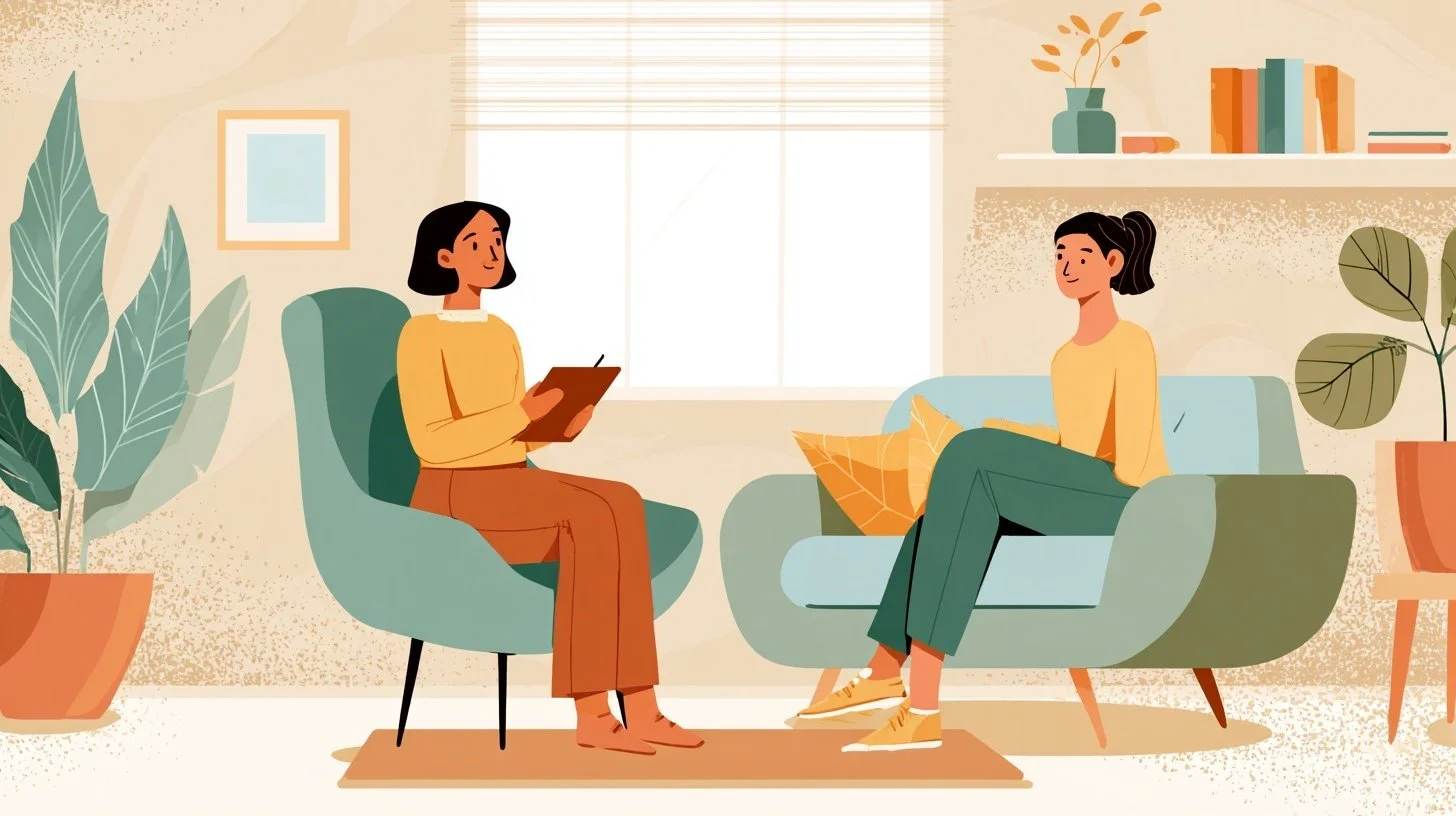What is the Difference Between a Counsellor and a Therapist?
In Canada, counsellors and therapists are essentially the same. While “therapy” can suggest deeper, long-term work and “counselling” shorter-term support, Counsellors in Canada are trained to do both. In practice, you do not need to choose between them. What matters most is finding the right person to help you.
When people first decide to seek support for their mental or emotional wellbeing, one of the first questions that often comes up is whether they should look for a counsellor or a therapist. The terms are used so frequently and interchangeably that it can feel confusing to know if there is a difference or whether it matters at all.
Why the Terms Are Often Used Interchangeably
In Canada, there is very little practical difference between counselling and therapy. Both involve meeting with a trained professional who helps you work through challenges, emotions, relationships, or patterns of behaviour that may be causing distress.
Many professionals in British Columbia, including Registered Clinical Counsellors (RCCs), are trained to provide both short-term, solution-focused support as well as deeper, long-term therapy for more complex issues such as trauma or long-standing relationship difficulties. This means that in practice, there is no need to distinguish between the two when you are seeking help. Your RCC will tailor their approach to your needs.
At Harbour Family Counselling, for example, our counsellors work with individuals, couples, and families on a wide range of concerns. Whether you are looking for guidance during a stressful life transition or support for deeper healing, your counsellor has the skills and training to meet you where you are.
Subtle Differences in Principle
While the words are interchangeable in practice, there are subtle differences in how they are sometimes used:
Counselling tends to describe support for specific life challenges or changes. It is often seen as shorter-term and focused on developing coping strategies, improving communication, or solving immediate problems.
Example: seeking counselling after a difficult breakup or during parenting struggles.Therapy, on the other hand, is often associated with deeper exploration of emotional patterns, past experiences, and long-term mental health concerns. It can be seen as more intensive or ongoing.
Example: entering therapy to work through childhood trauma or long-term depression.
These distinctions are more about language and tradition than actual scope of practice. Most RCCs move fluidly between these approaches depending on what best serves the client.
Why This Difference Is Bigger in the U.S.
In the United States, there is a clearer divide in licensing and terminology.
“Therapist” often refers to licensed clinical social workers, psychologists, or marriage and family therapists.
“Counsellor” might refer to school counsellors, guidance counsellors, or certain state-specific certifications.
As a result, Americans are more likely to see a clear line between the two terms. In Canada, however, that line does not really exist. A Registered Clinical Counsellor is qualified to provide both the shorter-term support associated with counselling and the deeper, long-term work of therapy.
What This Means for You
When you are looking for help, the most important thing is not whether someone calls themselves a counsellor or a therapist. What matters is finding a professional who is qualified, experienced, and a good fit for you.
At Harbour Family Counselling, our RCCs bring both skillsets to the table. Whether you need practical tools to navigate a stressful situation or deep exploration of emotional wounds, you do not need to choose between “counselling” or “therapy.” You can simply focus on finding the right relationship with a caring professional who understands your needs.
Conclusion
In Canada, counselling and therapy overlap so completely that the distinction is largely one of language. By understanding this, you can take the pressure off choosing the “right” title and instead focus on what truly matters: finding support that feels safe, compassionate, and effective.
Ready to Talk with Someone Who Understands
If you are struggling and want to take the first step toward healing, we are here to help. At Harbour Family Counselling, our team of Registered Clinical Counsellors is ready to support you with care and understanding. Visit our website to learn more about our services and book a free consultation today.
